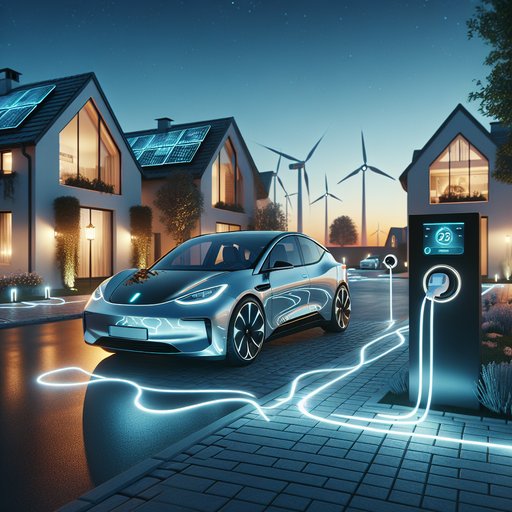
In a significant development for European energy independence, Norway is emerging as a potential leader in battery manufacturing, offering hope for reducing the continent's reliance on external suppliers. The Nordic nation's strategic push into battery technology represents a crucial step toward sustainable transportation and energy storage solutions, while also creating new economic opportunities [1].

Recent Ukrainian military strikes on Russian oil infrastructure have sent ripples through global energy markets, highlighting the ongoing geopolitical tensions affecting oil supply chains. The targeting of the Unecha oil pumping station in Russia's Bryansk region by Ukrainian forces [1] marks a significant escalation in attacks on energy infrastructure, while simultaneous disruptions at facilities in the West have compounded market uncertainties.

In a significant development for global climate action, China has reported a 1% reduction in carbon dioxide emissions during the first half of 2025, driven primarily by record growth in solar energy installations [1]. This progress comes as Europe faces criticism for environmental policy reversals, highlighting the complex dynamics of international climate efforts.

Electric vehicles are quietly acquiring a second identity: mobile batteries that can feed electricity back to homes, businesses, and the wider grid. Vehicle-to-grid technology, enabled by bidirectional charging and smart software, allows parked EVs to supply power during peak demand, smooth volatility from renewables, and improve grid resilience. As electrification accelerates and renewable generation grows, this flexible storage—distributed across driveways and depots—offers a practical way to balance supply and demand without building entirely new power stations.